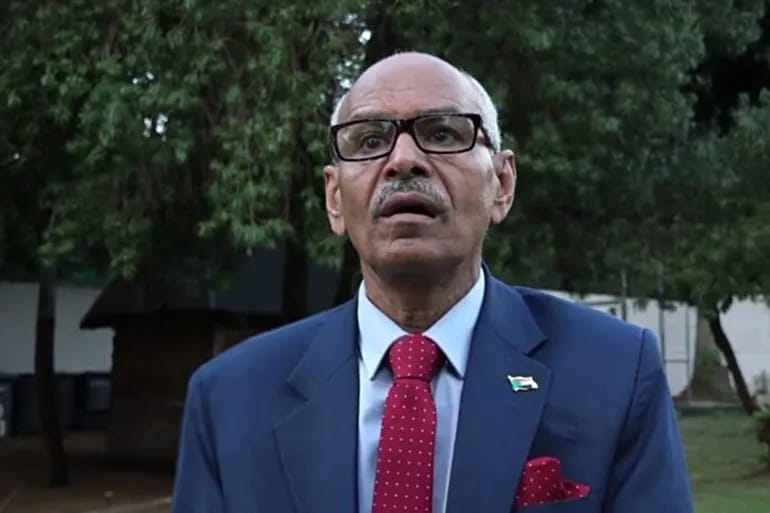- International News
- Sun-2024-09-29 | 10:41 pm

Nayrouz News Agency :
In an open letter to The Guardian, Sudanese Foreign Minister Hussein Awad Ali called for decisive international intervention to stop the continuous supply of weapons and mercenaries to the Janjaweed militia, now rebranded as the Rapid Support Forces (RSF), which has been exacerbating the conflict in Sudan. Ali emphasized that the RSF’s military capacity is largely sustained by regional sponsors, specifically pointing to the United Arab Emirates (UAE).
Ali referenced credible evidence from global media and UN experts on Resolution 1591, revealing that the UAE has been providing lethal arms to the RSF. Investigative reports also confirmed that around 200,000 foreign mercenaries are currently fighting alongside the Janjaweed militia, turning the conflict into what he described as a "foreign invasion.”
The Sudanese Foreign Minister criticized the UK’s previous decision to block a UN Security Council debate on the UAE’s involvement, arguing that an earlier intervention could have mitigated humanitarian suffering and loss of life. He also highlighted the RSF’s disregard for UN Security Council Resolution 2736 (2024), as it intensified its attacks on El-Fasher instead of halting them.
Ali reiterated that the Sudanese Armed Forces (SAF), alongside the partners of the Juba Peace Agreement and local resistance groups, are defending El-Fasher and the internally displaced persons (IDP) camps from the Janjaweed and their foreign allies. He urged the international community to support Sudan’s fight against these forces, comparing the situation to the global unity against ISIS/ISIL.
Rather than deploying an independent peacekeeping force, Ali advocated for stopping external sponsors from fueling the war and fully implementing the Jeddah Declaration. He called for immediate action to protect civilians and bring the conflict to an end.













